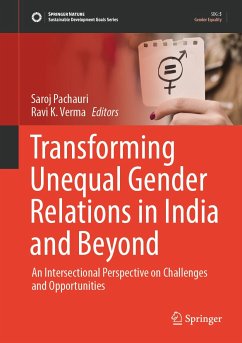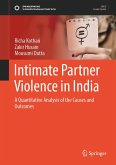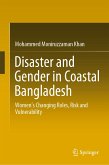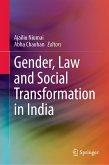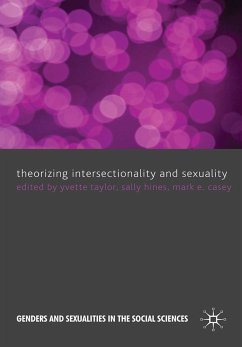This book offers a unique intersectional perspective on gender equality, SDG5. It presents an intersection of gender with caste, class, region, ethnic and sexual identities, and other structural drivers of inequalities in various development sectors. It presents case studies and empirical findings from development practice and policymaking and highlights the challenges to implementing SDG5 in practice. It discusses policies to promote gender equality and prevent violence against women and girls, and women in decision-making and leadership positions. The chapters reinstate that gender equality is possible only if unequal gender norms are transformed to recognize women and girls as independent economic entities and not merely homemakers providing unpaid care. It also analyzes to deconstruct the idea of monolithic masculinity to recognize gender diversity and men's role in providing care. The book shows how much has been achieved, yet how far is also left to go. It is an essential reference point for researchers, policymakers, students, and scholars across gender studies, women's studies, and sociology.
Dieser Download kann aus rechtlichen Gründen nur mit Rechnungsadresse in A, B, BG, CY, CZ, D, DK, EW, E, FIN, F, GR, HR, H, IRL, I, LT, L, LR, M, NL, PL, P, R, S, SLO, SK ausgeliefert werden.

